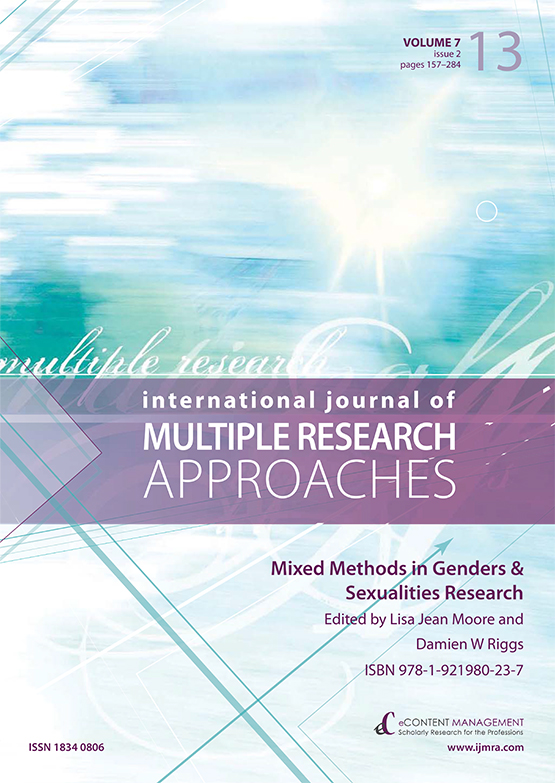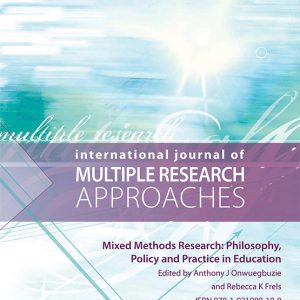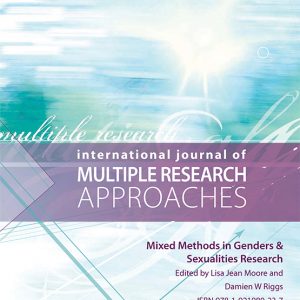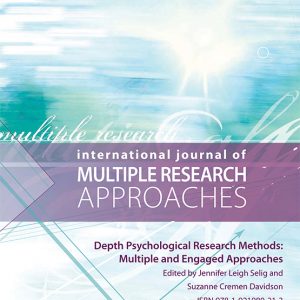7(2).10. Methodological challenges in studying urban Aboriginal homelessness
$30.00
Description
Methodological challenges in studying urban Aboriginal homelessness
WILFREDA E THURSTON*, NELLIE D OELKE+ AND DAVID TURNER!
*Faculty of Medicine, Department of Community Health Sciences, University of Calgary, Calgary, AB, Canada;
*Department of Ecosystem and Public Health, Faculty of Veterinary Medicine, University of Calgary, Calgary, AB, Canada;
*Faculty of Nursing, University of Calgary, Calgary, AB, Canada;
+School of Nursing, Faculty of Health and Social Development, University of British Columbia, Vancouver, BC, Canada;
!Western Canada First Peoples Group, Ottawa, ON, Canada
Abstract
Aboriginal people comprise a disproportionate percentage of the homeless population in many cities in Canada, the United States and Australia. Their experiences can be traced to past and present policies of assimilation and colonialism. To end homelessness it is imperative that the paths into and out of homelessness for Aboriginal populations be understood. We discuss the challenges faced when studying urban Aboriginal populations, based on three studies conducted in a Canadian city. These deal with intersecting aspects of methodology including sampling, Aboriginal identity, lack of services governed by Aboriginal peoples, variability in social and political context within and between locations, participation of Aboriginal people in knowledge translation, and ethical practices. We conclude that community-based research provides the most opportunity for addressing these challenges.
Keywords: Aboriginal, Canada, colonialism, community-based research, ethics, governance, homelessness, Indigenous, policy, services, urban



